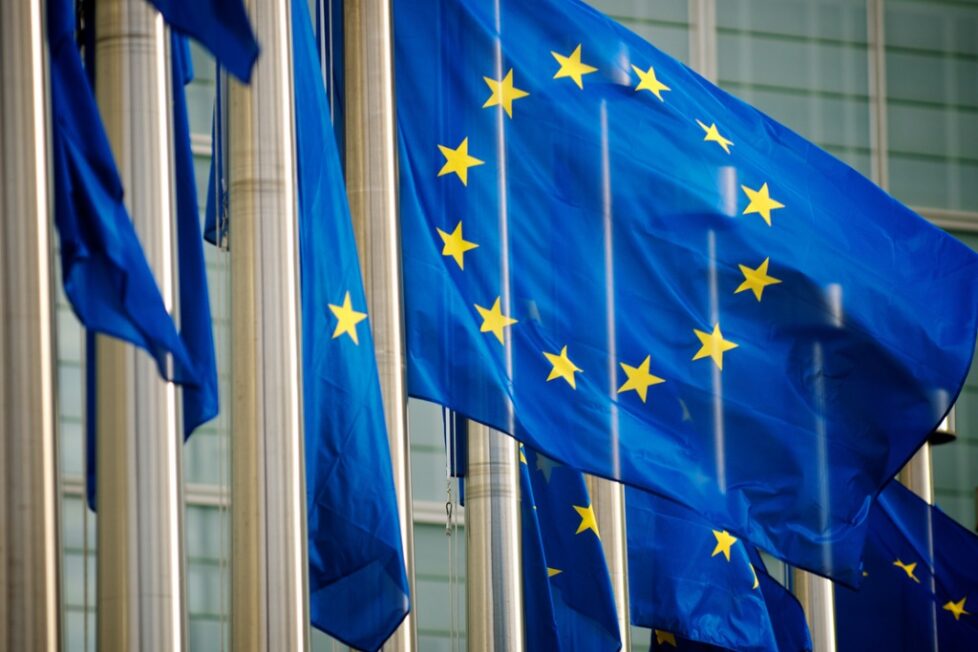EU Adopts New Regulation Eliminating 500 Million Tonnes of Greenhouse Gas Emissions

The European Council announced today that it has adopted new legislation aimed at phasing down highly potent greenhouse gases including fluorinated gases (F-gases) and ozone depleting substances (ODSs), marking the last major step to the implementation of the new regulation.
According to a statement by the European Commission welcoming the announcement, the new rules will result in the elimination of 500 million tonnes of CO2-equivalent emissions by 2050, roughly equal to the combined annual emissions of France and Belgium.
Wopke Hoekstra, EU Commissioner for Climate Action, said:
“These new rules are the most ambitious in the world. They will avoid the use of planet-warming gases in products such as refrigeration, heat pumps, air conditioning equipment and aerosol sprays, making them more climate friendly. At the same time these rules will stimulate innovation and create new opportunities for EU industry, and citizens will benefit from the deployment of state-of-the-art technologies.”
Fluorinated gases and ODSs are used in a range of industrial applications, and are found in appliances including refrigeration, air conditioning and heat pump equipment. The substances are highly potent greenhouse gases, with global warming potential thousands, or even tens of thousands of times of stronger than CO2.
The new regulations will see consumption hydrofluorocarbons (HFCs), which account for around 90% of F-gas emissions, completely phased out by 2050, and reduced by 95% by 2030, on a 2015 basis, and will restrict the use of all F-gases in equipment where climate-friendly alterntives are available. The legislation also includes an export ban to ensure that obsolete equipment containing high global warming potential gases are not sold to countries outside the EU, as well as providing incentives for the use of climate-friendly alternatives. The rules also extend requirements to recover ODSs for destruction, recycling or reclamation to sectors including building materials, refrigeration, air conditioning and heat pump equipment, as well as to equipment containing solvents or fire protection systems and fire extinguishers and other equipment.
The new rules will enter into force 20 days after publication in the EU’s Official Journal, following the signing of the regulations by the Council and EU Parliament.